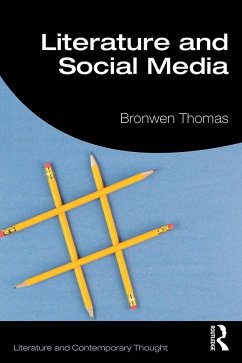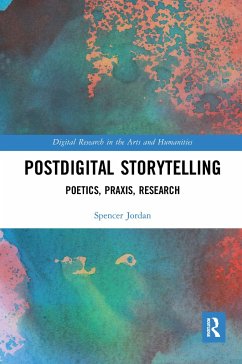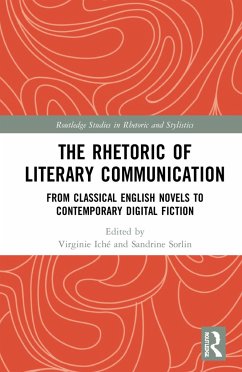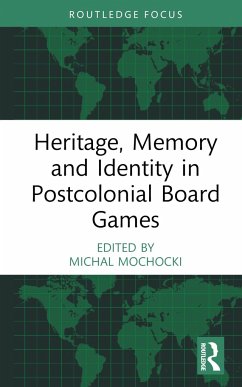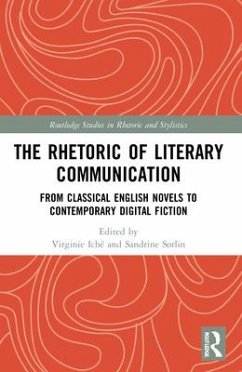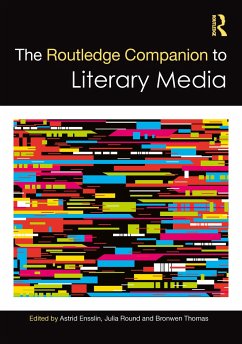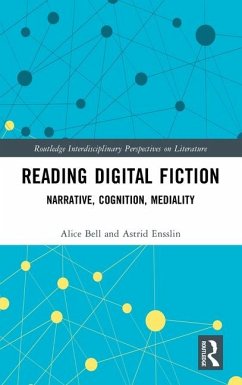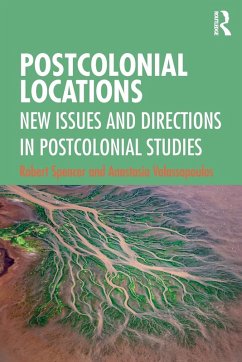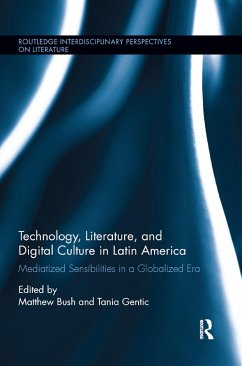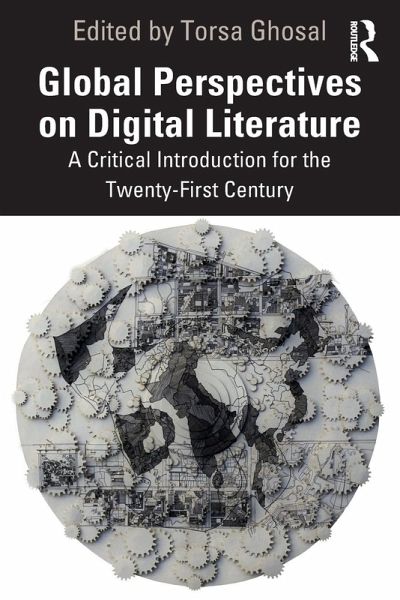
Global Perspectives on Digital Literature
A Critical Introduction for the Twenty-First Century
Herausgegeben: Ghosal, Torsa
Versandkostenfrei!
Versandfertig in 6-10 Tagen
38,99 €
inkl. MwSt.
Weitere Ausgaben:

PAYBACK Punkte
19 °P sammeln!
Global Perspectives on Digital Literature: A Critical Introduction for the Twenty-First Century explores how digital literary forms shape and are shaped by aesthetic and political exchanges happening across languages and nations. The book understands "global" as a mode of comparative thinking and argues for considering various forms of digital literature-the popular, the avant-garde, and the participatory-as realizing and producing global thought in the twenty-first century. Attending to issues of both political and aesthetic representation, the book includes a diverse group of contributors an...
Global Perspectives on Digital Literature: A Critical Introduction for the Twenty-First Century explores how digital literary forms shape and are shaped by aesthetic and political exchanges happening across languages and nations. The book understands "global" as a mode of comparative thinking and argues for considering various forms of digital literature-the popular, the avant-garde, and the participatory-as realizing and producing global thought in the twenty-first century. Attending to issues of both political and aesthetic representation, the book includes a diverse group of contributors and a wide-ranging corpus of texts, composed in a variety of languages and regions, including East and South Asia, parts of Europe, Latin America, North America, Australia, and Western Africa. The book's contributors adopt an array of interpretive approaches to make visible new connections and possibilities engendered by cross-cultural encounters. Among other topics, they reflect on the shifting conditions for production and distribution of literature, participatory cultures and technological affordances of Web 2.0, the ever-changing dynamics of global and local forces, and fundamental questions, such as, "What do we mean when we talk about literature today?" and "What is the future of literature?"





